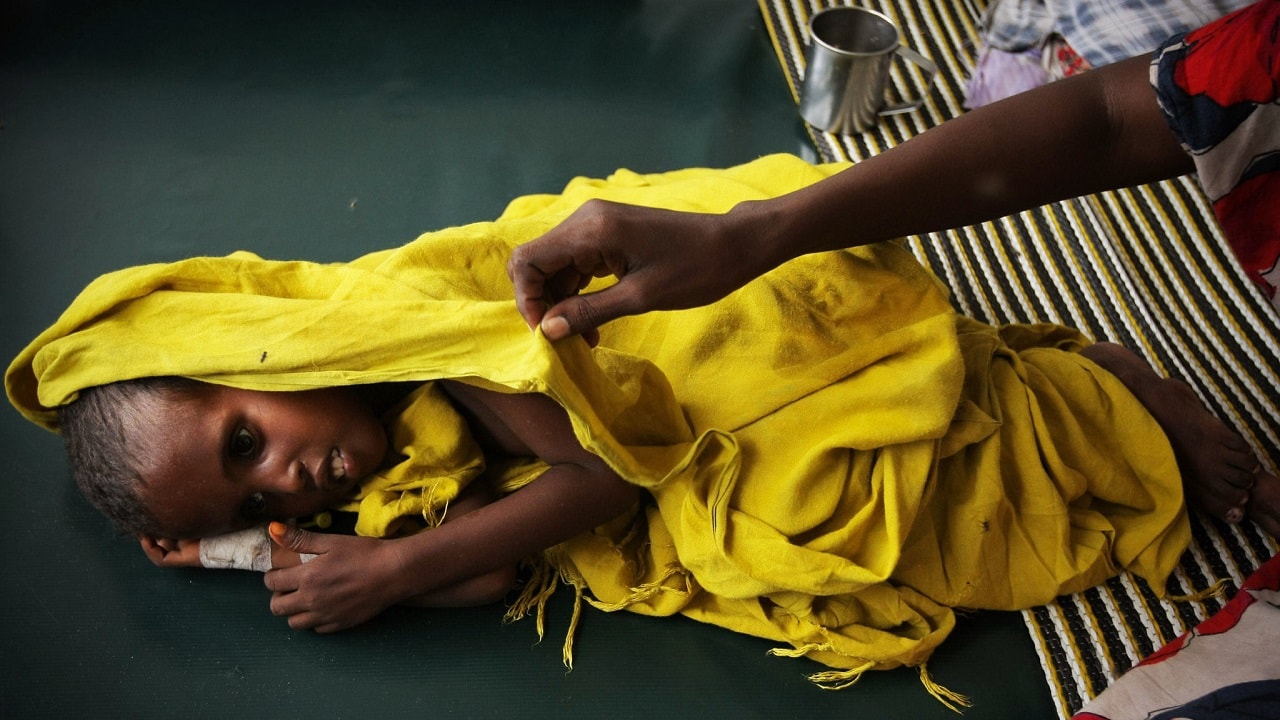UN Misses the Point on Somalia Famine: Back on April 12, four UN agencies issued an emergency appeal for money to head off looming famine in Somalia. “Millions of Somalis are at risk of sliding into famine as the impact of a prolonged drought continues to destroy lives and livelihoods, and growing needs outpace available resources for humanitarian assistance,” they warned.
The UN is correct that Somalia faces tragedy, millions are at risk, and Somali children will pay a disproportionate price. They are also correct that Somalia has faced a devastating drought. But, what they ignore is that while droughts are natural phenomena, famines are manmade. Throughout the devastating Ethiopian famine of the 1980s, for example, Ethiopia produced enough food to feed its population; Ethiopia’s then-Marxist government did not have the means or ability to transport the food where most needed. Today, likewise, Tigray starves because of a deliberate and genocidal policy implemented by Ethiopian Prime Minister Abiy Ahmed. A decade ago, another drought impacted the Horn of Africa and, while tens of thousands died in Somalia, only a few hundred died in Ethiopia. The difference in deaths reflected not a difference in the drought but rather quality and capacity of government.
Today, history repeats. Drought does not affect Somalia alone. It also impacts Kenya, the unrecognized Republic of Somaliland, Djibouti, and Ethiopia. Only in Somalia, however, is there a serious risk of famine. This should be a wake-up call for both the United Nations and African Union. Both Mohamed Farmaajo, the interloping president (his term in office expired more than a year ago) and the international community’s broader model of channeling international money through his corrupt administration have failed. He and his supporters might argue that direct provision of funding to federal states or the communities most at risk of famine is an affront to Somali sovereignty, but the reality is that this is simply his strategy to use a manufactured grievance to stop proper auditing in order to enable theft.
Likewise, the looming famine should be cause for reflection amongst the African Union whose special representative for Somalia, Ambassador Francisco Madeira, a Mozambican diplomat, abandoned neutrality and crafted side deals with Farmaajo despite his disdain for the political process and the ruin he brought to the country. Self-enrichment should not come at the expense of tens of thousands of lives. Somali Prime Minister Mohamed Hussein Roble was right to declare Madiera persona non grata. The African Union should not defend the corrupt and incompetent. Mozambique should be embarrassed that its ambassador would act in such a way. They should prosecute their diplomat rather than fight for him.
The international community should not punish Somali children for the sins of their nominal president, but it should recognize that there would be no famine had it not been for five years of Farmaajo’s mismanagement, his administration’s embezzlement, and his tendency to weaponize aid to undercut or collectively punish regions he deems insufficiently loyal to his ambitions.
By all means, it is time to provide emergency assistance, but not a single dollar should go through Farmaajo’s corrupt administration. Where capacity exists—for example with Puntland President Said Abdullahi Deni or Jubaland’s Ahmed Mohamed Madobe—the UN should work with local administrations. Where it does not exist it should provide food aid directly to the leaders of towns and villages or set up emergency relief camps in neighboring states. Simply dumping the money on the problem or working through corrupt rulers caused disaster in the run-up to the “Black Hawk Down” incident and prolonged Somalia’s state failure. That the UN refuses to learn the lesson that bad government caused today’s crisis, however, suggests the world is on the verge of repeating its mistakes at the expense of Somali lives.
Now a 1945 Contributing Editor, Dr. Michael Rubin is a Senior Fellow at the American Enterprise Institute (AEI). Dr. Rubin is the author, co-author, and co-editor of several books exploring diplomacy, Iranian history, Arab culture, Kurdish studies, and Shi’ite politics, including “Seven Pillars: What Really Causes Instability in the Middle East?” (AEI Press, 2019); “Kurdistan Rising” (AEI Press, 2016); “Dancing with the Devil: The Perils of Engaging Rogue Regimes” (Encounter Books, 2014); and “Eternal Iran: Continuity and Chaos” (Palgrave, 2005).

